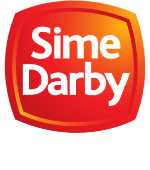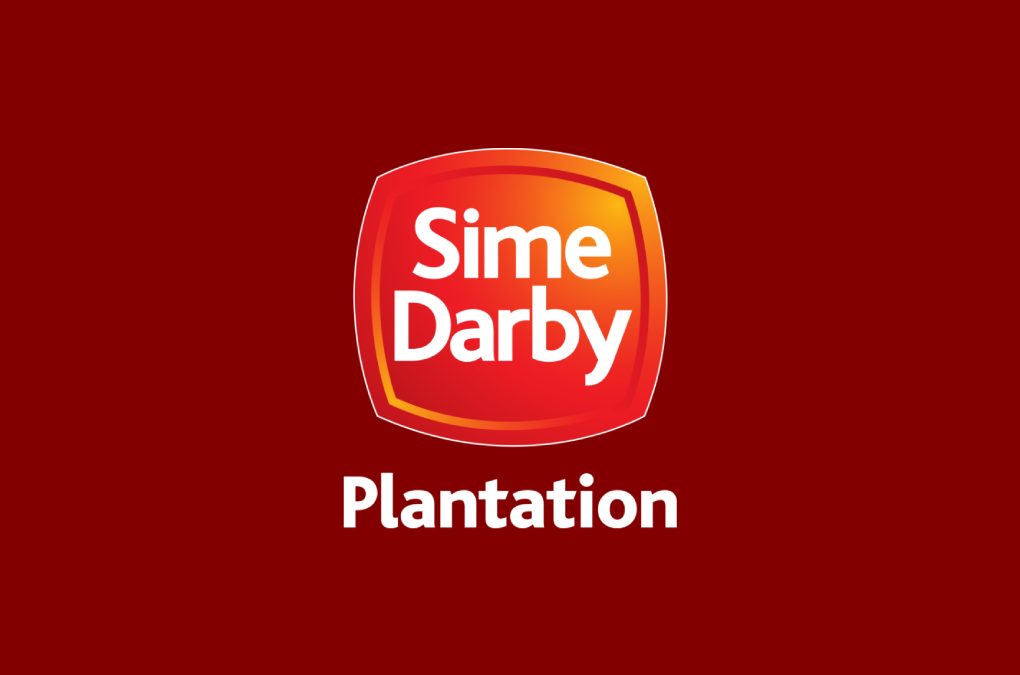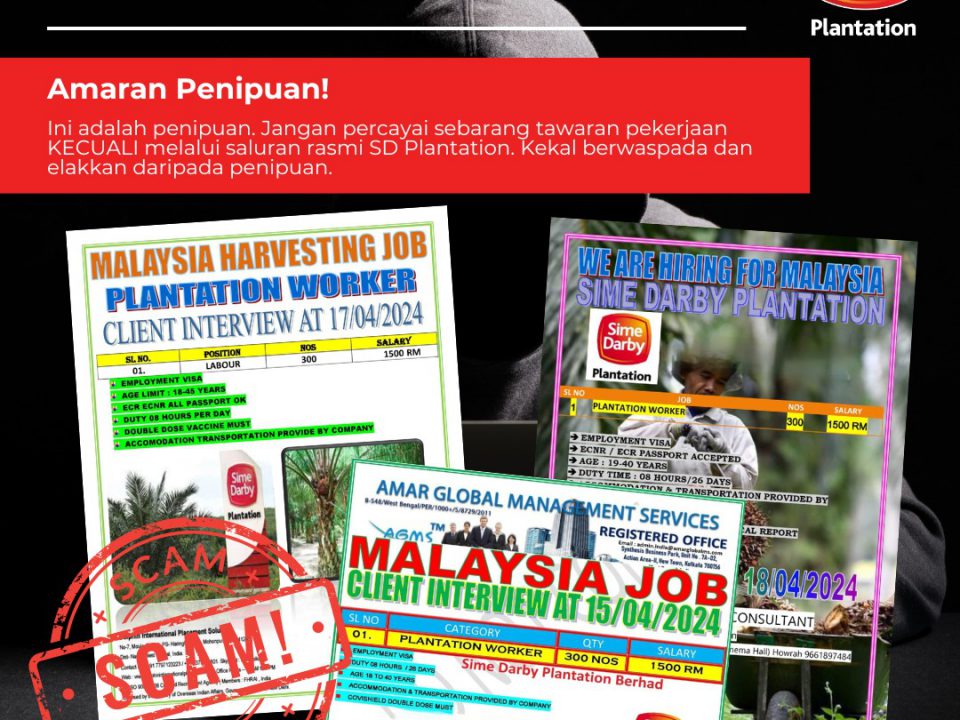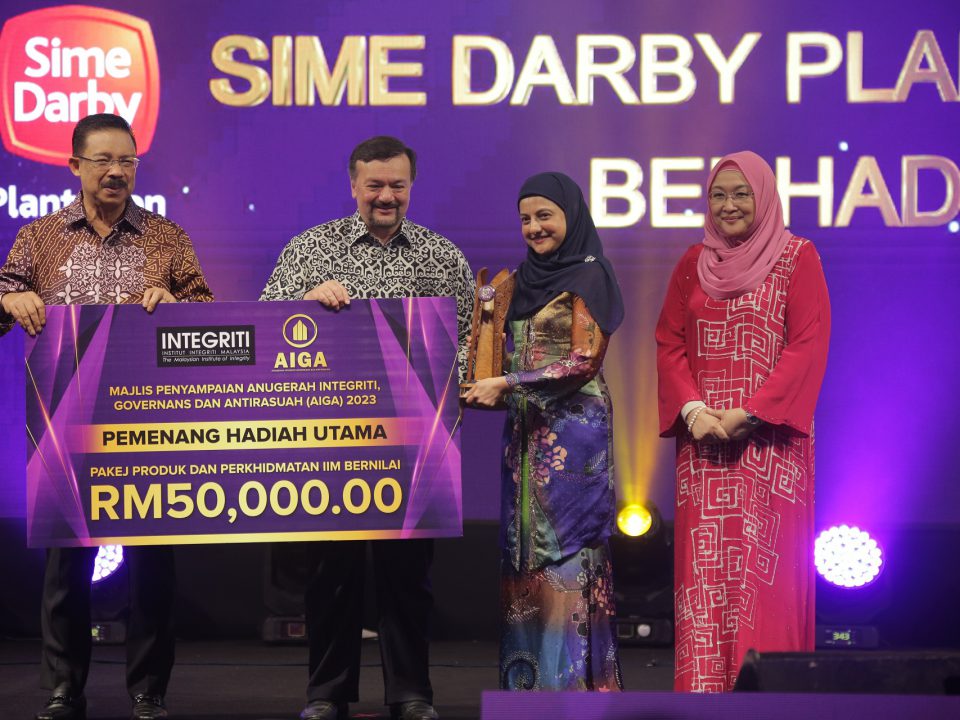Sime Darby Plantation Launches Traceability Dashboard


Sime Darby Plantation Launches Traceability Dashboard
Kuala Lumpur, 17 November 2015 - Sime Darby Plantation (SDP), the world’s largest producer of certified sustainable palm oil, has launched ‘Open Palm’ – an online dashboard that provides critical information on the traceability of its supply chain.
Open Palm provides SDP customers with access to key data on the origin of all palm products that go through SDP refineries, be it from its various oil palm mills, right down to its plantations, as well as third party plantations.
“This is a significant milestone for Sime Darby Plantation in our efforts to provide more value to our discerning customers. In addition to our enduring commitment to promote sustainable products and practices in this industry, we also seek to demonstrate the integrity of our supply chain. Open Palm will allow our clients to trace and assess the origin of our palm oil products,” said Datuk Franki Anthony Dass, Managing Director of SDP.
With growing concerns among global Fast-Moving-Consumer-Goods (FMCG) companies over the perceived link of palm oil to deforestation, climate change and breach of human rights, many of SDP’s key customers are focusing their attention on sourcing palm oil from 100% traceable and sustainable sources. With Open Palm, SDP’s customers will now be able to convey a higher level of assurance to the end consumers.
“It is important for the public to know that sustainable palm oil is not only possible, but it is already available. Many responsible consumer-goods manufacturers and palm oil companies are continuously striving towards further progress in sustainability. With Open Palm, SDP hopes to make a difference by being transparent about our own efforts and progress in achieving a sustainable supply chain,” added Datuk Franki.
The main features of the Open Palm dashboard concept can be viewed online at sime-darby-plantation-launches-traceability-dashboard from 17th November 2015. Full access to the traceability dashboard will only be made available to key SDP clients in order to protect the confidential nature of commercial information contained, which may include data on products and purchasing patterns.
In addition to Open Palm, SDP has recently launched an online hotspot monitoring dashboard that provides up-to-date information on hotspots occurring within its concession areas. Furthermore, to address the haze issue, the company has also been engaging communities in partnership with local authorities and academic institutions to raise awareness of sustainable farming with zero-burning practices, among others. SDP’s latest initiative in partnership with the University of Riau has so far resulted in a drastic reduction in the number of hotspots in the community area from 40 previously to just three. The Zero-burning Replanting Technique is also a hallmark sustainable practice pioneered by SDP in 1985 for which the company received the United Nations Environment Programme Global 500 Award.


